Toddler Aggression – How to Handle & When to Worry

Like most aspects of development, aggressive behavior in toddlers is a natural phase that requires a bit of help from parents and child psychologists to correct. Your toddler may be hitting others, taking things away, throwing things, or pointing at objects whenever they want them.
Children with aggressive behavioral tendencies have a difficult time ”cooling down” and have trouble managing their emotions. Resolving toddler biting and hitting for good requires a lot of time and patience, but with the right support and encouragement, your toddler will learn to overcome their problems. Keep reading to learn more about toddler aggression and what you can do to help an angry toddler.
What Can You Expect From Birth to Age 3?
Your child goes through various modes or stages of aggression from birth to the age of 3. Here’s what you need to understand about them (1).
1. Birth to 12-Months Old
Example:
When Ricky is given banana slices instead of the chocolate he wanted, he flings them across the room. As his mother tries to feed him, he swats at her face, fussing in frustration.
Key Insight:
At this stage, babies explore the world through their senses—often with big reactions. Behaviors like grabbing, biting (even during breastfeeding), shaking objects, or swatting are normal as they test cause and effect. They aren’t trying to hurt you; they’re simply discovering how their actions influence their environment. Stay patient and gentle. Redirecting their attention (e.g., offering a teether instead of your hand) works better than reacting strongly.
2. One to Two Years Old
Example:
Timmy (18 months) happily taps on his mom’s phone until she suddenly takes it away. He erupts into tears, throwing nearby toys in protest.
Key Insight:
Toddlers this age feel emotions intensely but lack the empathy and self-control to express them calmly. Aggression (hitting, throwing, or yelling) often stems from frustration—like when a toy is snatched by another child. Instead of understanding sharing, they might react physically. Help them by naming emotions (“You’re mad because I took the phone”) and modeling gentle behavior. Consistency and calm responses teach them gradual self-regulation.
3. Two to Three Years Old
Example:
On his first daycare day, Morty pushes away kids who try to play with him. When the teacher approaches, he swings his fists, overwhelmed by separation anxiety. She stays calm, reassures him, and he eventually joins the group.
Key Insight:
Older toddlers grapple with complex emotions (fear, anger, sadness) but still lack impulse control. Hitting, kicking, or defiance are common when they’re upset—even if they know the rules. Their brains are still developing the ability to pause before acting. Adults can guide them by:
- Labeling emotions (“You miss Mommy, but she’ll come back”).
- Offering alternatives (“Hit this pillow, not people”).
- Staying patient—impulse control grows with time and support.
What Causes Aggressiveness in Toddlers
All children and families are not alike. Think about this before you dive any deeper into analysing your toddler’s aggressive tendencies. Here’s what you need to think about to learn how to stop a toddler from hitting others.
- Does your child act aggressively only in certain situations?
- When your child behaves aggressively with you, how do you react?
- Is the so-called reaction your child shows helpful or hurtful to their own well-being or situation?
Why are 2 to 3-year-olds so aggressive? The causes of aggression in toddlers are linked to common signs and medical symptoms. They are (2)–
- Mood Disorders – Bipolar kids tend to become aggressive when they enter their manic stages. When they get depressed, they become irritable, moody, and sometimes lash out based on these.
- Psychosis – Various psychotic illnesses are linked to episodes of aggression in kids. Schizophrenia-prone kids respond to their internal stimuli by being fearful, paranoid, and suspicious, and tend to lash out in their own defense.
- Frustration – Kids who have cognitive or communication problems become frustrated due to their lack of skills. As a result, they are unable to verbalize how they feel and lash out.
- Impulsivity – Disruptive behavior disorders like ADHD and ODD are linked to poor decision-making skills and impulsivity. Children with these disorders often times don’t think about what they’re doing and act impulsively with defiance and aggression.
- Conduct Disorder (CD) – In this case, kids become intentionally hurtful, malicious, and defiant. They don’t consider the consequences of their actions and proceed anyway. A different prognosis and mode of treatment are required for this illness.
- Injury – From episodes of epilepsy to sustaining frontal lobe injuries, there are no explainable circumstances towards their episodes of aggression since they may be a result of a component of injury.
- Trauma – Although this is very rare, stressors induced due to trauma lead to aggression in kids. If the aggressive behavior continues to crop up frequently, then that could represent underlying emotions coming to the surface with regard to the trauma/situation.
Responding to the Aggression in Your Toddler
It’s natural to feel angry, frustrated or jealous or when your toddler goes from happy to moody or taking sides with someone for no reason. How you respond to their aggression matters and here are the three stages (or steps) to responding to aggression in your toddler (3).
Stage 1. Analyze and Try to Understand Your Toddler
The first step to responding to your child’s aggression or dealing with biting toddlers is by simply observing and trying to understand it. Analyze the underlying reasons behind his aggression. Where does it come from? Does he react aggressively on in certain places or situations? Is it happening in a particular environment or is he reacting to triggers in different environments?
Other questions you could ask yourself for better analysis are-
- Whether or not the behavior is towards a person or a group of people
- Whether or not the behavior is directed towards related/relevant people in circles around him
- Is the behavior is normal according to his age and developmental stages?
- Is the aggressive behavior directed solely towards strangers?
- Is the behavior affecting only you due to your personal past events and life experiences?
Stage 2. Respond to Your Toddler as Per Your Learning
Here are a couple of ways on how to deal with toddler hitting based on your own observations.
- Preventive Tips – Your child may be shy while meeting new people or encountering relatives in events. Before you take her to said events, try to get photos of new people he/she is about to meet with and introduce them by pointing your finger at their photos and describing them in a friendly way. Another good way to reinforce this is to play imitation games like pretending to go to a picnic with said relatives or members in the house to prep your child mentally to connect with them when the time comes. Whenever you bring your child to family gatherings or events, tell your friends and extended family members to not rush in for hugs but rather, allow them to give your child the time they need to warm up to them.
- Notify About an Upcoming Event – If you’re planning to take your child to the daycare, let them know early and give them options like, “Which music do you want to play in the car?” or “What book do you want to read while driving to the daycare?”
- Help Them Manage Their Emotions and Feelings – A little self-awareness will help your child manage their emotions and feelings in healthy and positive ways. For example, if you have a child who has a tough time shifting between activities such as stopping what he’s playing to go to the car for daycare, give them options for doing something else as a transitional aid. Like reading a book in the car or playing with a fidget spinner on the way to daycare. Sometimes when kids cling to something, you have to offer something equally more fun to get them moving and in this way, gently enable them to transition to the next activity without feeling anger or frustration.
Stage 3. Help Your Toddler to Learn From His Actions
Your toddler is developing his logical and rational thinking skills at this age. Help them associate their thoughts with their actions. Here’s how-
- Show the Consequences of Their Actions – If your child hits another child. Show them that the other kid is crying and doesn’t want to play with them anymore because they’re sad from being hurt.
- Encourage Better Choices– Teach your child that there are better ways of resolving problems than by hitting. Brainstorm different solutions and ask them to use words over actions whenever they want something.
- Be Open to Helping– Let your child know that you’re always there for them whenever they feel bad or need advice. Tell them that they can always come to you for more ideas or whenever they go through bad experiences to share and talk about them.
Key Strategies for Dealing With Aggression
- Be Calm – The key point is to stay calm and not blow your lid when a tantrum blazes across the room. Your child takes you like your first role model, and the best way to model healthy acceptable behavioral patterns is by modeling them yourself. Take time-outs or meditate whenever you feel frustrated or listen to your favorite tunes when you think that the situation is spiralling out of control and you need a break.
- Recognize Your Child’s Intentions– Your child may wreak havoc when misunderstood. Make sure that you understand what they want to do and gently reaffirm that they cannot repeat bad behaviors simply because they’re hurtful or unacceptable.
- Give Options – If your child loves throwing things, let them throw softballs in a basket. If he loves playing with fluids, let him splash all the water he wants in the bathtub. Direct his bustling energy through different channels.
- Let Them Take a Break – Have a quiet corner in your house filled with soft toys, comic books, and favourite plushies. Name this the cozy corner and allow your children to take timeouts whenever they feel they need to take a break. Once them calm down, congratulate them for managing their feelings in a healthy way and be positive about it.
Minimizing Toddler Anger Issues
Here are four ways you can minimize toddler anger issues (4).
1. Maintain Consistency
Enforce ground rules and do not give in to your child’s demands. Give options and be consistent where modelling responsive behaviors to their aggression are concerned.
2. Give Them a Chance to Resolve Problems
Take a step back and give them space and time to fix their problems. You can always pitch in to help if you see things going awry on the way.
3. Do Not Negotiate
This is a heartbreaking decision for some parents, but we believe setting ground rules at home and not negotiating helps. Have rules set in stone and create a structure/hierarchy at home where behaving and working through daily events are concerned. Their routines are their rituals.
4. Give Positive Feedback
Encourage them, make them feel happy, and sometimes reward them whenever they do an outstanding job. Positive feedback is what will keep them improving and shape their personality for the better in the long haul.
When to Worry About a Toddler’s Aggression
If you think things are getting out of hand and you can’t seem to help out, then it may be time to seek medical advice. Consider visiting a doctor or a child psychologist if you feel:
- You have an overly aggressive toddler who is reckless and handles situations with no regard to consequences
- Acts aggressively without a purpose or reason
- Prefers aggressive themed-plays during pretend play-times
- Behaves aggressively after a huge life event or has undergone trauma
FAQs
1. Why does my toddler laugh after hitting or biting someone?
Toddlers may giggle after aggressive acts not because they’re “mean,” but because they’re intrigued by the reaction (e.g., your startled face) or don’t yet understand pain. Their laughter could also stem from nervousness or confusion. Respond calmly by teaching empathy: “Ouch! Biting hurts. Let’s use gentle hands.”
2. Can screen time make toddler aggression worse?
Yes, excessive or fast-paced screen time (e.g., violent cartoons, overstimulating games) can heighten frustration and impulsivity. Toddlers mimic what they see and struggle to process rapid visuals. Opt for slow, educational content and limit screen use—especially before bedtime, as poor sleep worsens aggression.
3. Why does my child only act aggressively with me, not others?
Toddlers often “test” aggression with primary caregivers because they feel safest expressing big emotions with you. It’s a sign of trust—not defiance. Stay consistent with boundaries while offering comfort: “I won’t let you hit. You can stomp your feet if you’re upset.”
Understanding and addressing aggressive behavior in 3-year-olds requires patience, as it often stems from big emotions paired with underdeveloped impulse control. Every child is unique and different which is why it’s important to keep in mind that the above strategies and ways are not prescription-fixes to your child’s behavioral problems. Teach your children empathy, model good behaviors, and set an example by enacting acceptable behaviors and responses yourself and your child will soon follow suit.
Also Read:
Intense Mood Swings in Toddlers
Ways to Deal With a Stubborn Child
How to Deal with Overstimulation in Toddlers?
Tips to Deal with Destructive Behaviour in Toddlers
Was This Article Helpful?
Parenting is a huge responsibility, for you as a caregiver, but also for us as a parenting content platform. We understand that and take our responsibility of creating credible content seriously. FirstCry Parenting articles are written and published only after extensive research using factually sound references to deliver quality content that is accurate, validated by experts, and completely reliable. To understand how we go about creating content that is credible, read our editorial policy here.
1. National Library of Medicine – Developmental Stages of Social Emotional Development in Children
2. Yale Medicine – Anger, Irritability and Aggression in Kids
3. American Academy of Pediatrics – 10 Tips to Prevent Aggressive Behavior in Young Children
4. Nemours Kids Health – Disciplining Your Toddler








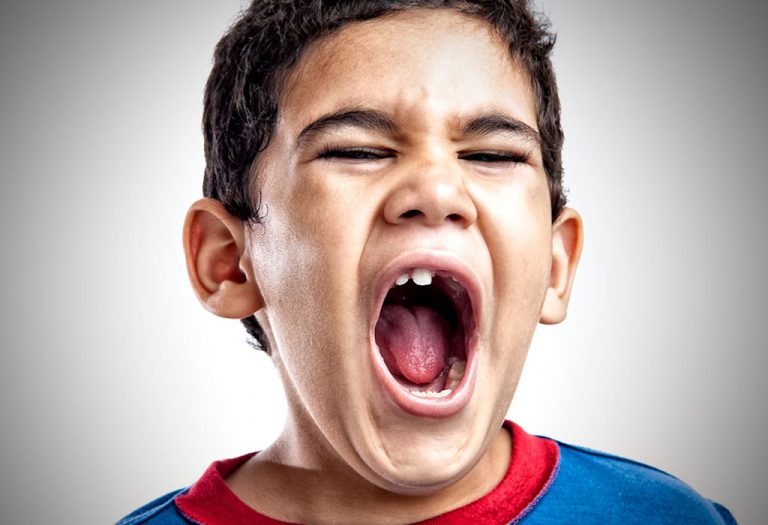
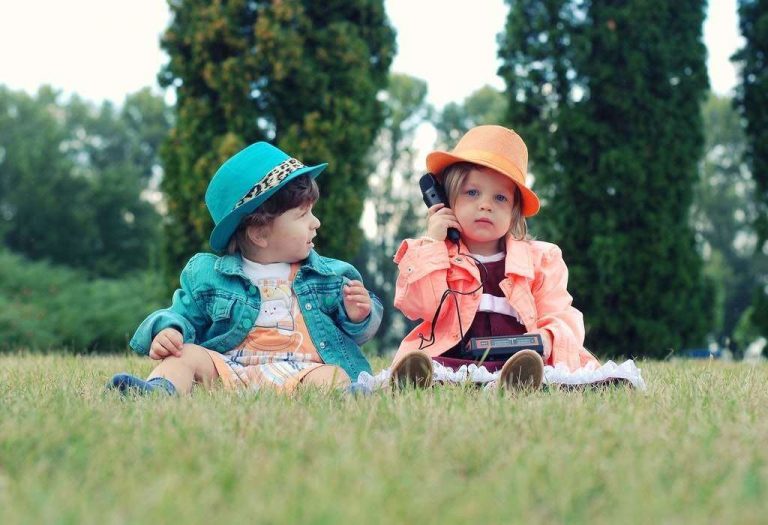
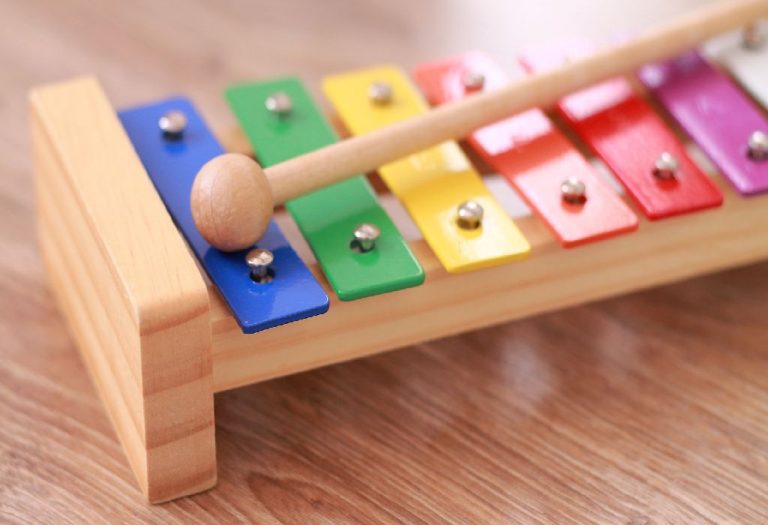
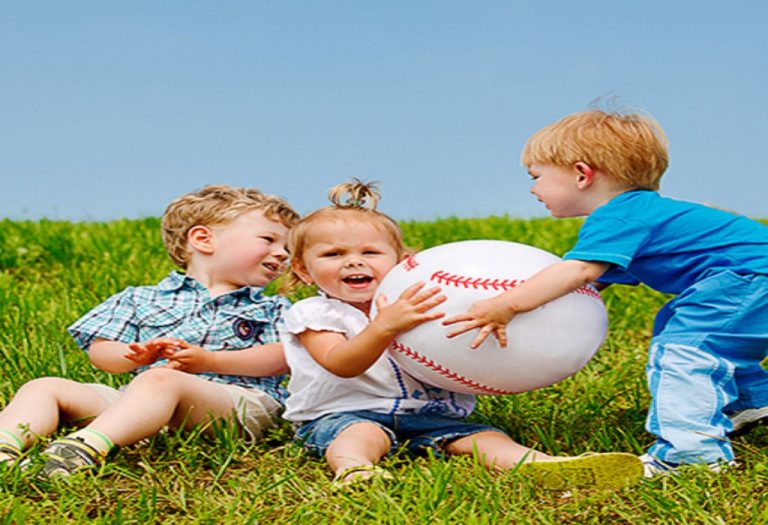
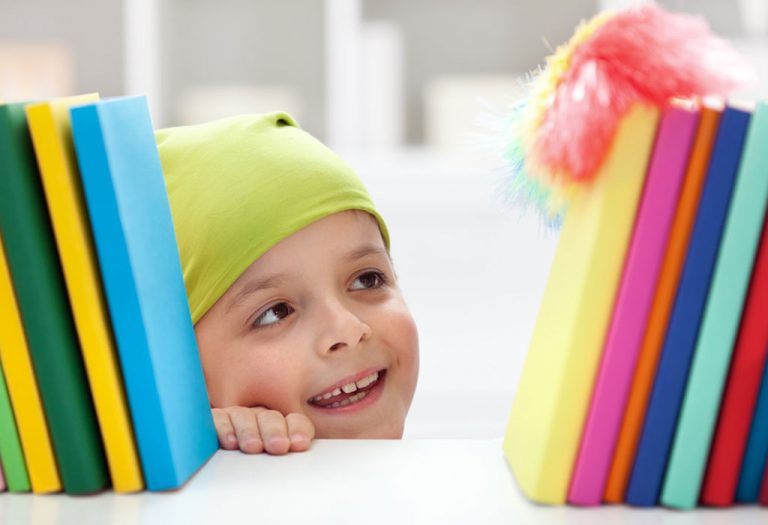
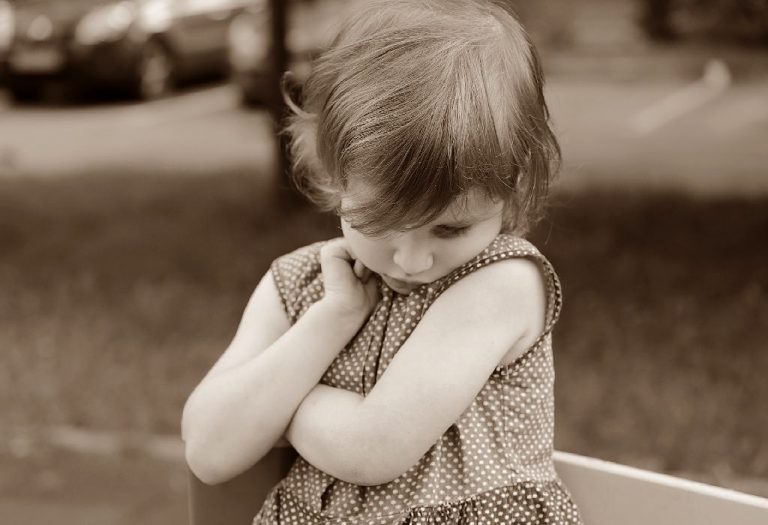

.svg)
















